By Peter Maddern
Avarice can affect us all, if we are not careful, but in Ben Jonson’s play (adapted by Emily Steel) it seems all the world is possessed by those for whom restraint in such a matter is unknown. Volpone (Paul Blackwell) is a wealthy con-man with one more ruse to unleash. With his slave / servant Mosca (James Smith) they set up three wealthy associates into believing he (Valpone) is dying and each arrive bearing gifts that they expect will lead them to be named the sole heir.
Things get messy when old man, Corbaccio (Edwin Hodgeman), disinherits his own son (Matt Crook) in order to secure the grace of Volpone and another, Corvino (Patrick Graham) offers up his own wife, Celia (Elizabeth Hay) for Volpone’s sexual pleasure for the same desired outcome. All the while Voltore (Geoff Revell) the lawyer spins his eloquent tongue this way and then that to beat them all to the loot. In the end, the solicitor, the senior and the spiv along with the con men all get their just desserts.
As can be expected, the acting with a cast like this is uniformly delightful; Revell revels in his spats, Blackwell can barely control his monstrous delight with his character’s scheme and Graham’s merchant is right out of central casting for Queensland white shoe brigade. But James Smith’s Mosca is the pick of the bunch; a grubby Machiavellian sort, slimy and duplicitous with an air of conceit that belies his circumstances. His performance is the glue that holds the whole show together and he does it with unctuous style.
The adaptation by Emily Steel is, as she notes, a distillation of an otherwise much longer production and competently done but Nescha Jelk’s direction, while incorporating some lovely touches, leaves her audience somewhat flatfooted with dialogue and plot twists that seem rushed and lacking nuance. The tosh she includes in her program notes about Joe Hockey and the seemingly hand in glove relationship she sees between money and meanness seems off theme for the play and somewhat of an insult for the various donors and sponsors of State Theatre who attend opening night.
Volpone and his friends present good fun theatre but reading up on the plot beforehand will help in its comprehension and appreciation.
Kryztoff Rating 3.5K

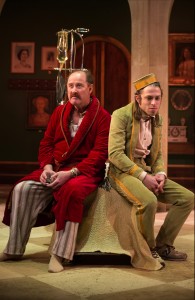

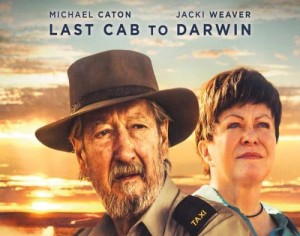

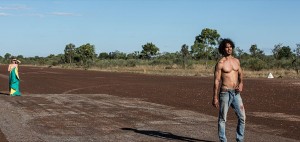
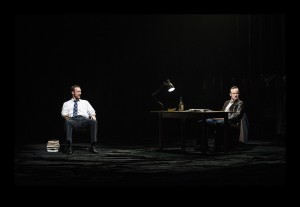
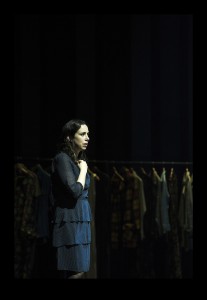
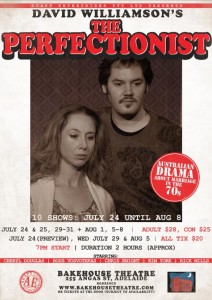
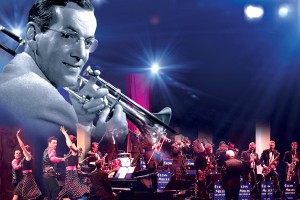

Recent Comments